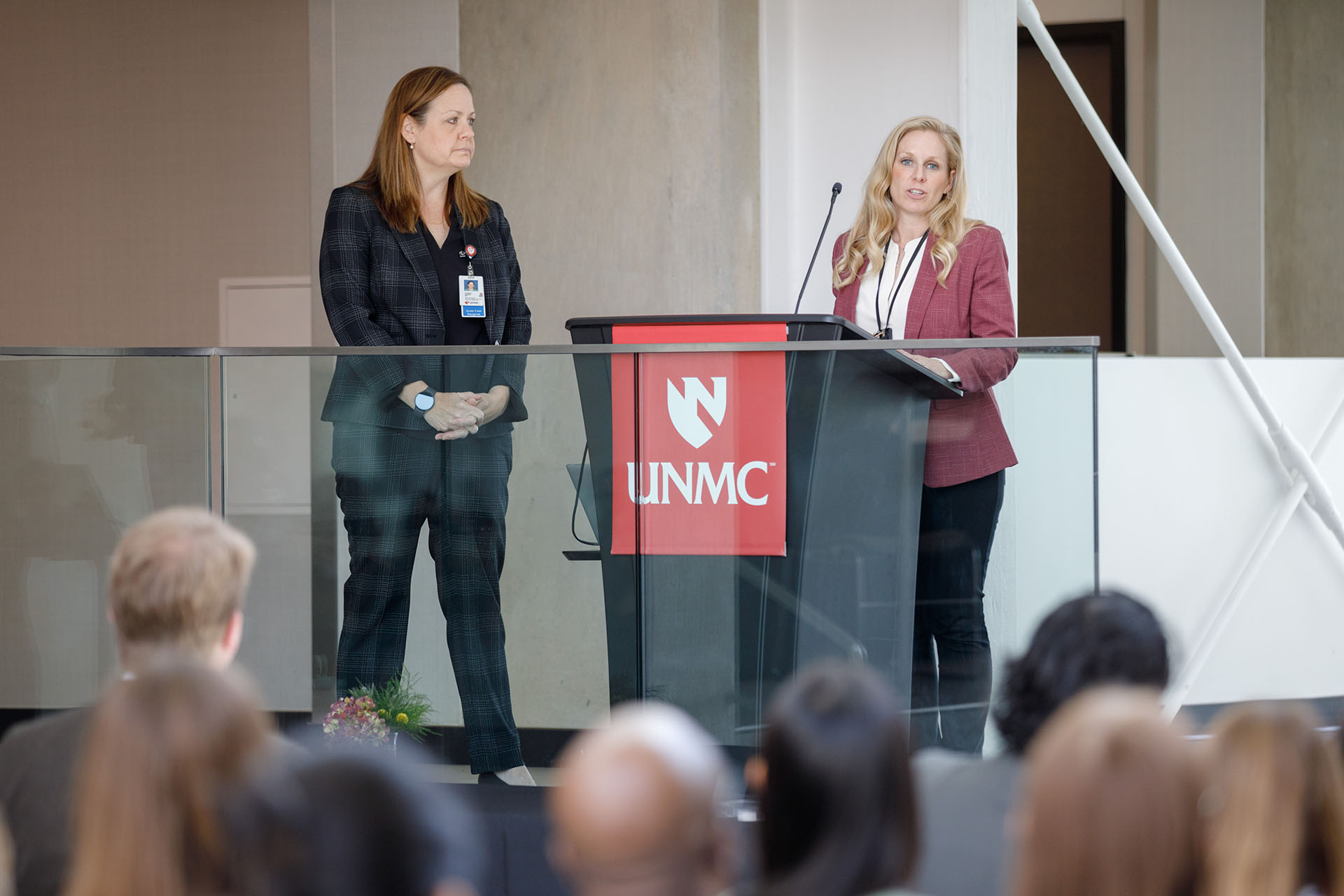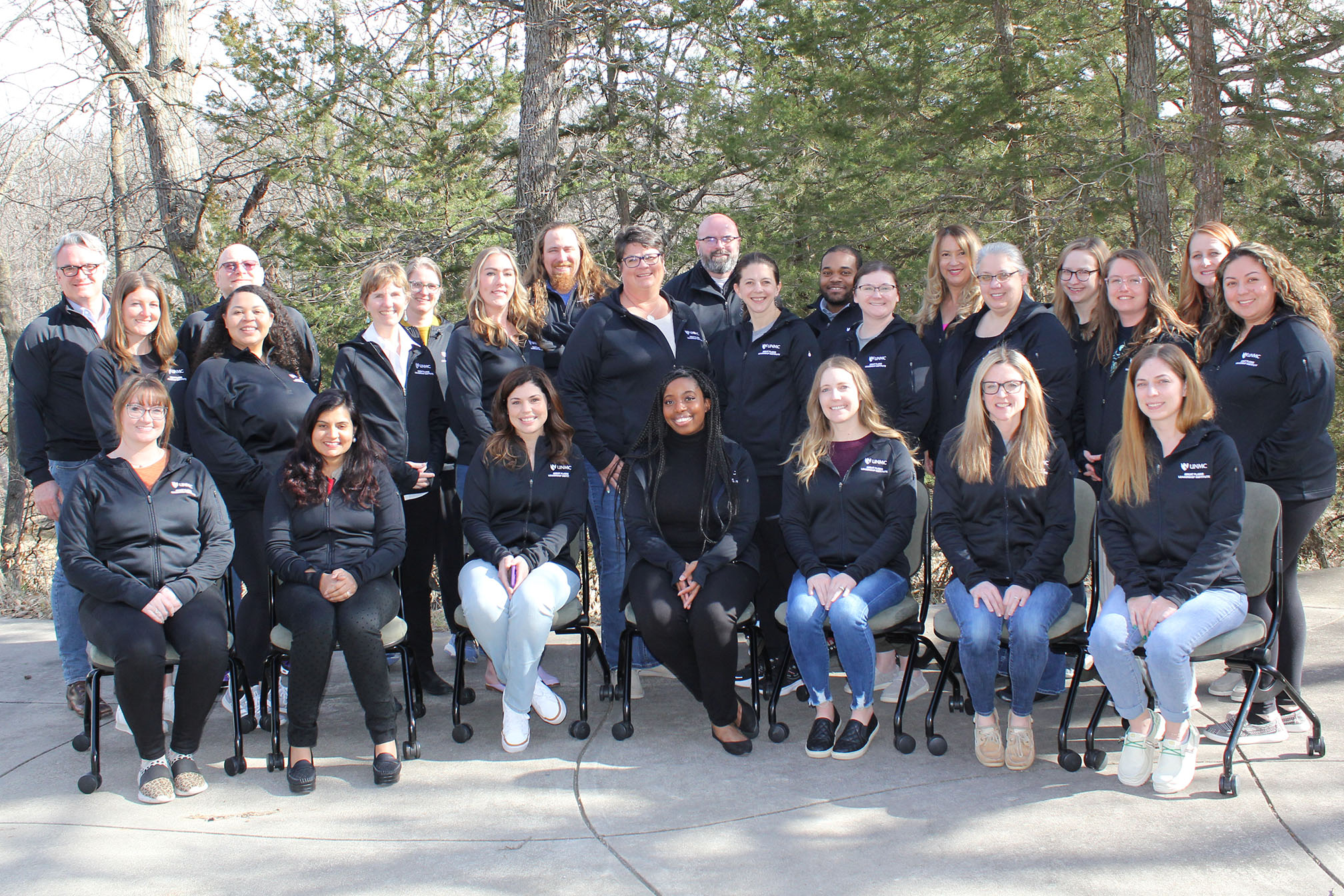Spotlight on Research at COPH – A former popular tagline for the American Lung Association is “When you can’t breathe, nothing else matters.” Unfortunately, this statement is true for too many Americans. Between 35-40 million people in the United States have been diagnosed with asthma and chronic obstructive pulmonary disease (COPD). In fact, these kinds of ongoing, progressive lung diseases are now the third leading cause of death in the United States. Treatment and management of chronic lung disease costs our nation in excess of $50 billion each year. There are no cures for chronic lung disease; therefore, prevention is an important strategy in the fight against this public health problem.
Cigarette smoking is the greatest cause of COPD. However, approximately 15%-20% of COPD is associated with workplace and environmental exposures. Nebraskans are exposed to a variety of workplace and environmental causes of lung disease. For example, agricultural dust exposures can lead to chronic inflammatory lung disease in some people. The research that Dr. Todd Wyatt and his colleagues conduct in the Central States Center for Agricultural Safety and Health (CS-CASH) addresses the nature of agricultural organic dust exposure that leads to chronic lung disease. Researchers in Dr. Wyatt’s lab are particularly interested in understanding why dust exposure is more likely to cause lung injury in some people than in others. Thus, their studies are centered on understanding the lung’s innate defense mechanism, or its ability to protect itself, against environmental dusts.
It is estimated that the average person inhales approximately 1 pound of dust every month! This dust is trapped by secreted mucus and moved out of the lungs through the coordinated action of the cilia, small whip-like hairs projecting from the cells lining the airways. This process keeps most people healthy and safe from disease, as the lungs are kept clean and sterile. However, under certain exposure conditions, the protective action of the cilia can be compromised, leading to sustained injury from direct inhalation of toxins, or to reactive inflammation from viral or bacterial infection.
Cilia respond to environmental challenges by speeding up or slowing down. Dr. Wyatt’s lab studies the molecular, cellular, and biochemical pathways that cause cilia to slow in response to agricultural organic dust inhalation in hopes of understanding who might be at risk for chronic lung disease. Furthermore, they examine whether multiple exposures, such as cigarette smoking and alcohol consumption, worsen inhalational lung injury. With this research, they hope to enhance worker health and safety in Nebraska’s agricultural sector.
Todd Wyatt, PhD, is a professor in the UNMC COPH Department of Environmental, Agricultural and Occupational Health; a professor in the UNMC College of Medicine Department of Internal Medicine Division of Pulmonary, Critical Care, Sleep & Allergy; and deputy director of the Central States Center for Agricultural Safety and Health





